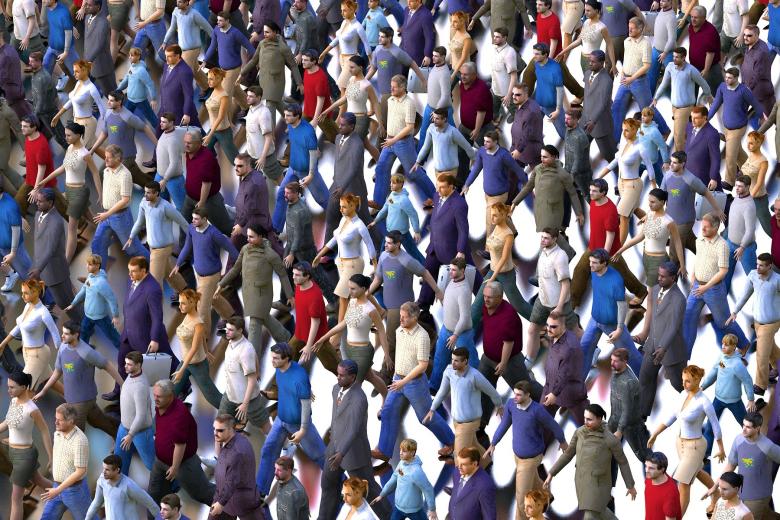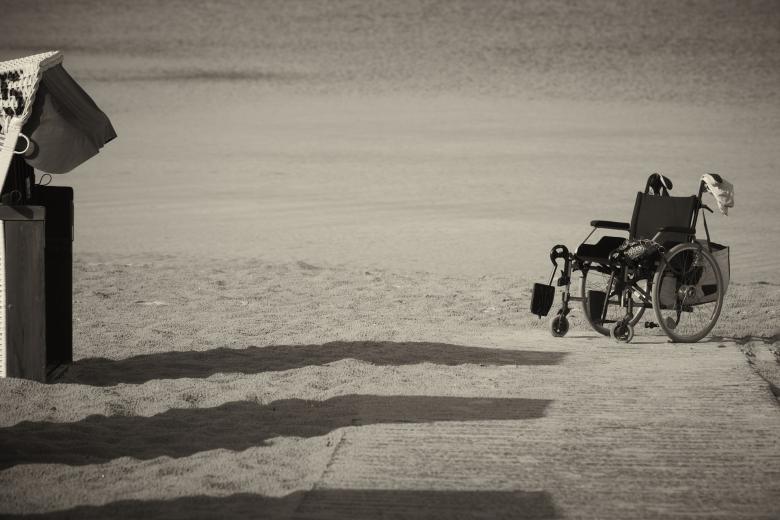The right to health dimensions of COVID-19
It’s been almost a month since the COVID-19 pandemic has drastically changed the way we live and work. Now that we are more used to, in a manner of speaking, the extraordinary measures to curtail the rampant spread of the virus, it’s time to seriously consider, and openly discuss, this crisis’ impact on human rights.
Much attention has been turned to the legality and legitimacy of governments’ limitations or emergency-based derogations to human rights based on public health grounds. New surveillance technologies, using mobile phone data and facial recognition for example, are used to track the virus and, if necessary, enforce quarantines. And Hungary’s prime minister Orban has practically put parliament out of play. These are indeed worrying developments. Yet, just as important as ensuring that states do not unjustifiable interfere with human rights, are states’ obligations to safeguard not just public health, but the human right to health.
International human rights law guarantees everyone the right to the highest attainable standard of physical and mental health (article 12 of the International Covenant on Economic, Social and Cultural Rights). It is a right to health care systems, facilities, services and goods (including the underlying determinants of health), which should be sufficiently available, physically and economically accessible, acceptable and of good quality. Governments are obligated to take steps to control diseases and prevent threats to public health. 170 states, including all European countries, have committed themselves to this. And almost all countries have done so in the context of children’s rights (article 24 of the Convention on the Rights of the Child) with the notable, and may I say unsurprising, exception of the US.
Practically everywhere, governments are taking measures to curb and address the spread of COVID-19. Some more willingly than others. Many countries have gone into total, partial or so-called intelligent lock-down closing borders, prohibiting public gatherings and imposing (self-)isolation and social distancing. At the same time, it seems everywhere governments struggle with expanding health care capacities so as to deal with increasing number of infections. Widespread testing is proving difficult, protective gear is in short supply and in countries where the virus has hit hard, health care is triaged to those with the best chances of survival. Rising instances of individuals in need being denied prevention, screening and treatment are being reported, possibly breaching the right to health. Painful images of Italy’s overwhelmed health care system are case in point.
What the COVID-19 pandemic makes blatantly clear is just how difficult it is to give practical meaning to entitlements to the highest attainable standard of health. It raises difficult questions. How do we safeguard the health and well-being of the elderly or persons with disabilities who rely on family and friends for support in their day-to-day lives? How should we triage critical medical care? How do we ensure that medical equipment such as tests and ventilators, and hopefully soon a vaccine and/or medicines are equitably divided not just within countries, but also among countries? And how do we prevent private actors, such as big pharma, from profiteering from this pandemic?
Our response to COVID-19, and the measures taken to fight it, expose our (Western) individualised neo-liberal societies’ inclination towards protecting economic interests over the rights of the vulnerable and marginalised. New research by the World Economic Forum suggests that the general public see COVID19 as a greater risk to the economy than to their health. We’re only one month in of what will need to be a long-term strategy, and concerns are raised as to the financial and economic impact of ongoing measures to curb the spread of the virus, questioning whether the cure will not end up being worse than the disease. These are valid concerns but we must not lose sight of the fundamental principle of human rights: to guarantee everyone a life (and if inevitable death) with dignity.
The COVID-19 pandemic exposes deep vulnerabilities and inadequacies within health care and social security systems of high-income countries. The added worry is what the impact will be in low- and middle-income countries and how the international community will respond; in solidarity or turning inwards focusing solely on self-protection? It is now more than ever important to openly discuss the human rights impact of this crisis. The right to health and other fundamental human rights principles, such as equality and non-discrimination, transparency, participation and accountability, should guide that discussion.
| More blogs on Law Blogs Maastricht |
-
COVID-19 Technology Access Pool (C-TAP): a promising human rights approach
How do we guarantee access to COVID-19 vaccines and therapies, and secure health-related human rights for all? We’ve heard a string of promises in the race for new vaccines and therapies.

-
Human rights, disabled people and Inclusive citizenship: planning for and beyond the corona virus and other emergency situations
The Corona Virus crisis has led many people to reflect on aspects of citizenship and civil rights, ranging from personal privacy in the context of “corona apps” to the right to receive health care and medical treatment without discrimination. This blog examines two elements of citizenship which, in...

-
The global COVID -19 crisis and protection of the rights of people with disabilities
It is a tough time for everyone during this current pandemic, but increasing reports worldwide indicate that marginalised groups, including people with disabilities, are suffering even more due to structural discrimination. When governments fail to secure the survival and dignity of people with...

